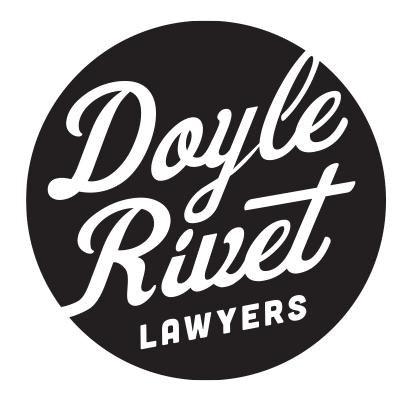At Doyle Rivet Lawyers, we frequently field calls from purchasers of residential real estate that have discovered defects in their new home after they move in. Invariably their first question is “Can we sue the seller?” The answer is not as simple as yes or no, and often requires educating the purchaser as to the difference between patent defects and a material latent defects.
Simply put, a patent defect is a problem or deficiency that is identifiable through reasonable inspection at the time of purchase of a home. Failure to adequately visually inspect the property prior to purchasing does not result in liability to the seller if the problem is in plain sight. Examples of patent defects include curled shingles, cracked foundations and broken railings. We encourage purchasers to invest in a home inspection prior to making their purchase unconditional as home inspectors will generally identify most patent defects in a property.
Material latent defects are physical defects or deficiencies in the property that are known to the Seller which are not discoverable on visual inspection which make the property:
- dangerous or potentially dangerous;
- unfit to live in;
- unfit for a buyer’s purpose.
Examples of material latent defects include:
- water intrusion into the home that has been obscured by new paint or drywall;
- sewer back-up problems due to pipe or sewer damage;
- failure to secure appropriate permits or inspections during renovation;
- prior use of the property as a marijuana grow operation without remediation or previous use of the property for the production of fentanyl or other opioids.
Sellers have a duty to disclose all latent defects of which they are aware. This duty is crystallized in the standard real estate purchase agreement which states, “except as otherwise disclosed, the seller is not aware of any defects that are not visible and that may render the property dangerous or potentially dangerous to occupants or unfit for habitation”.
Failure of the seller to disclose latent defects may result in awards of damages and costs arising from the losses suffered by a purchaser.
Based in Red Deer, the real estate lawyers at Doyle Rivet offer free consultations for all types of real estate purchases, sales and claims. We have experience representing both purchasers who believe they have suffered loss, and sellers who have been notified of a claim by a purchaser. We’re here to help you find the best possible solution for your real estate legal needs — contact us today.



